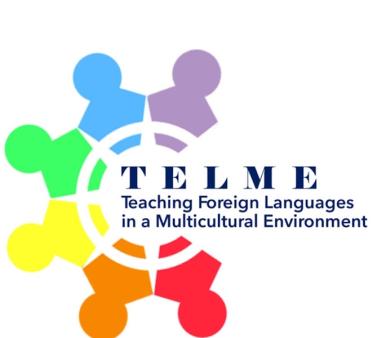The Psychology of Education and Training (PEF) specialization is co-accredited by the Universities of Rennes 2 and Angers and offers students two training pathways: Education, Apprenticeship, School and Vocational Orientation (EAOSP) run by the Rennes 2 Psychology Department; Psychology of Lifelong Learning (POTLV) run by the University of Angers.
Objectives
The EAOSP path: offers a two-year vocational training course (M1 and M2) in both educational psychology and school and vocational guidance. Through this dual orientation, it trains educational psychologists to work with (depending on their place of practice) schoolchildren, high school students, students and young adults. Graduates will be able to work with pupils experiencing difficulties at school by participating in the development and implementation of adapted support measures (e.g. development of personalized schooling, support for teaching teams, referral towards adapted teaching) or in preventive activities. They will also be competent in supporting young people and families in the development of guidance and training projects, in the choice of their referral pathway and in their professional integration. Graduates will be able to sit the competitive examination to become a National Educational Psychologist, choosing one of two specialities: in the first instance (Education, Development and Learning specialization); in the second instance (Education, Development and Counselling in school and vocational guidance specialization).
Skills
The professional skills and knowledge acquired are those of a practicing psychologist, specializing in education, training and counselling. After obtaining the PEF Master’s Degree, graduates will need to become proficient in a set of high-level theoretical, technical and professional skills defined in the Competency Framework for Psychologists as well as in the National Education of Psychologists’ Repository of knowledge and skills.
Specific skills and knowledge in the fields of education and guidance:
Theoretical knowledge and skills, such as those concerning:
-
The educational system,
-
Issues related in particular to people who have specific needs or disabilities,
-
Educational difficulties and remedial and support measures.
Methodological and technical skills, such as:
-
Conducting interviews, counselling in particular,
-
Selecting relevant psychological methods and tools,
-
Carrying out, interpreting and filing in a psychological assessment.
Transversal skills and knowledge, such as:
-
Knowing ethical and deontological principles,
-
Being able to work in a team, especially in a multidisciplinary team,
-
Knowing how to plan an intervention project,
-
Proficiency in investigation and observation techniques and ability to analyse the data collected,
-
Knowing how to communicate orally or in writing by adapting one’s vocabulary to the audience,
-
Knowing how to carry out an information and documentary watch.




